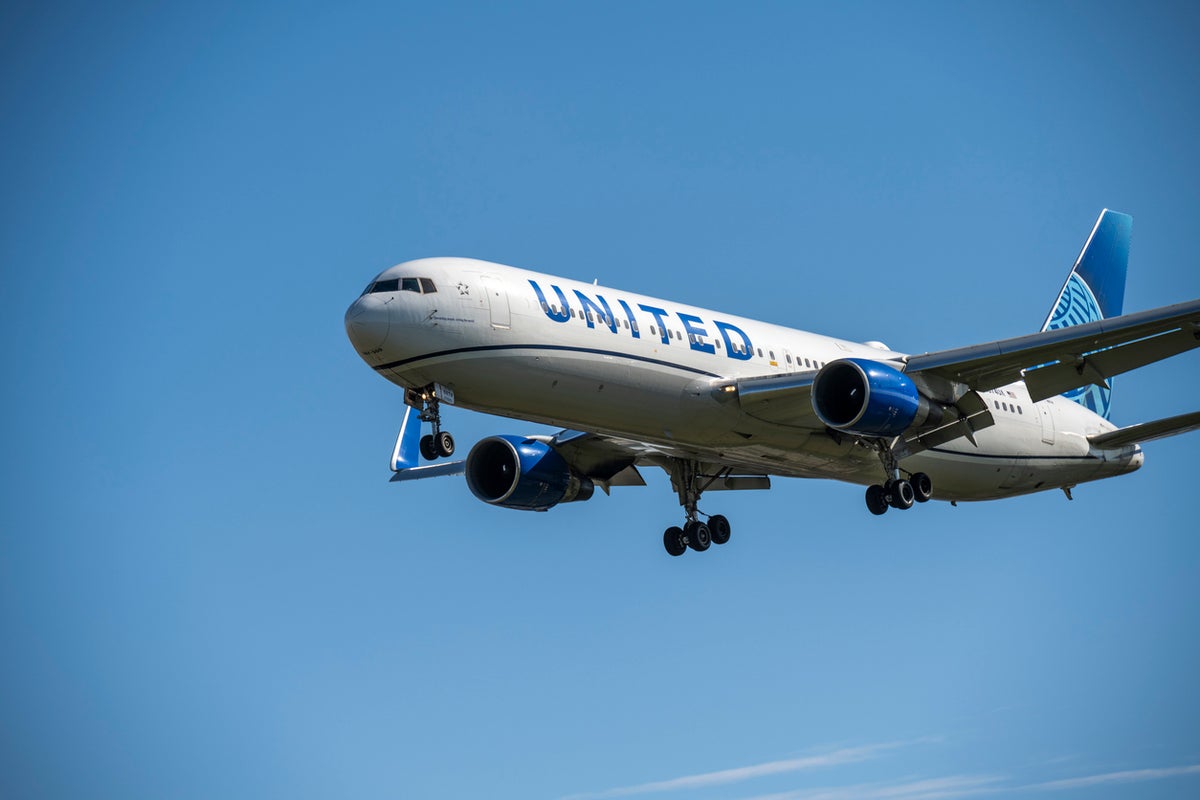Airports in chaos after air traffic control outage grounds flights across UK
Aircraft and crews were left out of place as planes grounded or turned around mid-air at peak holiday season
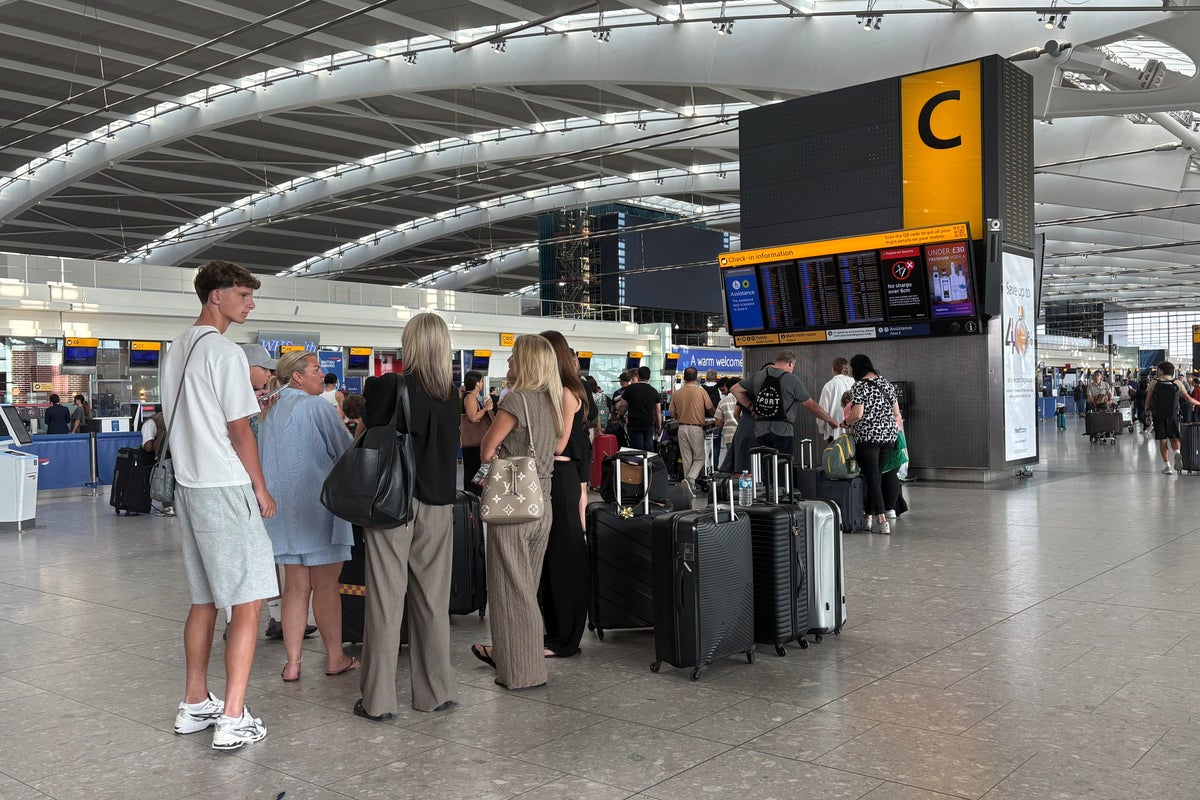
An air traffic control fault left tens of thousands of summer holidaymakers facing the chaos of grounded planes and suspended take-offs on Wednesday.
Passengers across Europe were stranded during the peak holiday season when planes were diverted, some turning around mid-air to return to their departure cities because of a 20-minute glitch.
Heathrow, Gatwick, London City, Birmingham, Edinburgh and Manchester airports were among the airports hit by the outage that left many aircraft and flight crew out of position.
Take-offs for thousands of passengers were cancelled because inbound flights had turned back.
In some cases, travellers were held on planes on the tarmac with no news of when their flight might take off.
Flights to destinations including Marseille, Lyon, Brussels, Glasgow, Newcastle, Hamburg, Stuttgart, Berlin, Frankfurt and Basel were cancelled.
Some planes scheduled to arrive at UK airports were forced to conduct holding patterns or divert elsewhere.
The disruption, which began just after 4pm on Wednesday, was down to a “technical issue” at the control centre of ATC provider Nats in Swanwick, Hampshire, the company said.
Flight analytics experts Cirium said that by 5.30pm, 80 flights to and from the UK had been cancelled.
British Airways, which was the airline hardest hit, restricted Heathrow inbound and outbound flights to 32 an hour until 7.15pm before volumes returned to their usual 45 an hour, creating a backlog.
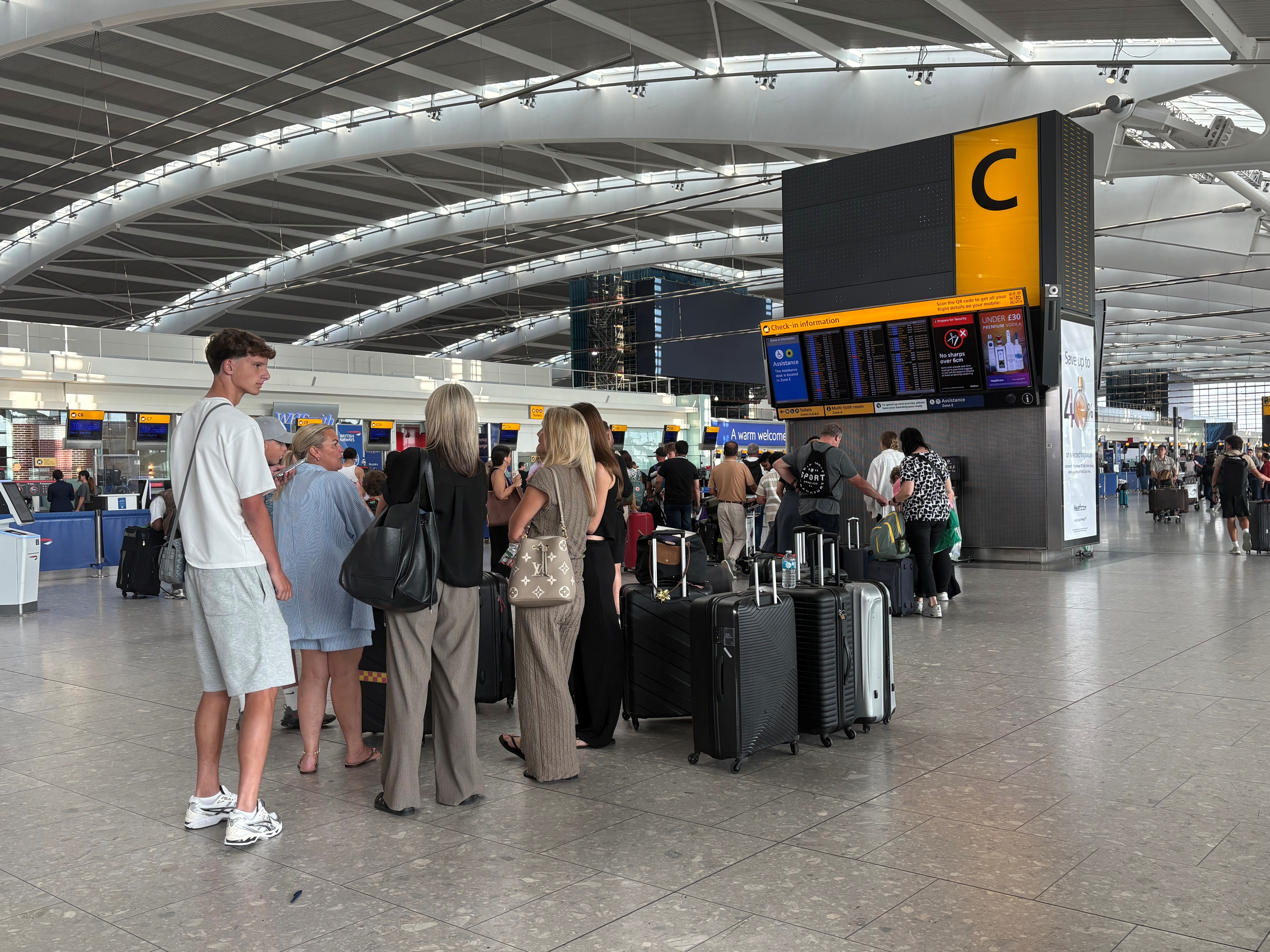
Almost all BA flights on Wednesday evening were delayed, with at least a dozen encountering delays of two hours or more: to places including Chicago, New York JFK, Pittsburgh, Valencia, Prague, Nice, Edinburgh and Belfast City.
Heathrow’s night curfew was expected to be lifted to allow airlines to get their schedules back to normal.
But the disruption left passengers upset. John Carr, from Stourbridge, was worried his flight cancellation would force him to miss his brother’s wedding in Norway, for which he was best man.
Mr Carr, 35, said: “I’m pretty gutted. We’ve got loads of stuff in the suitcases to set up the venue, because we’re obviously flying to Norway. We’ve got the wedding rehearsal to do. It’s quite stressful.”
Other passengers complained they were left confused because of “terrible communication” from airports and airlines.
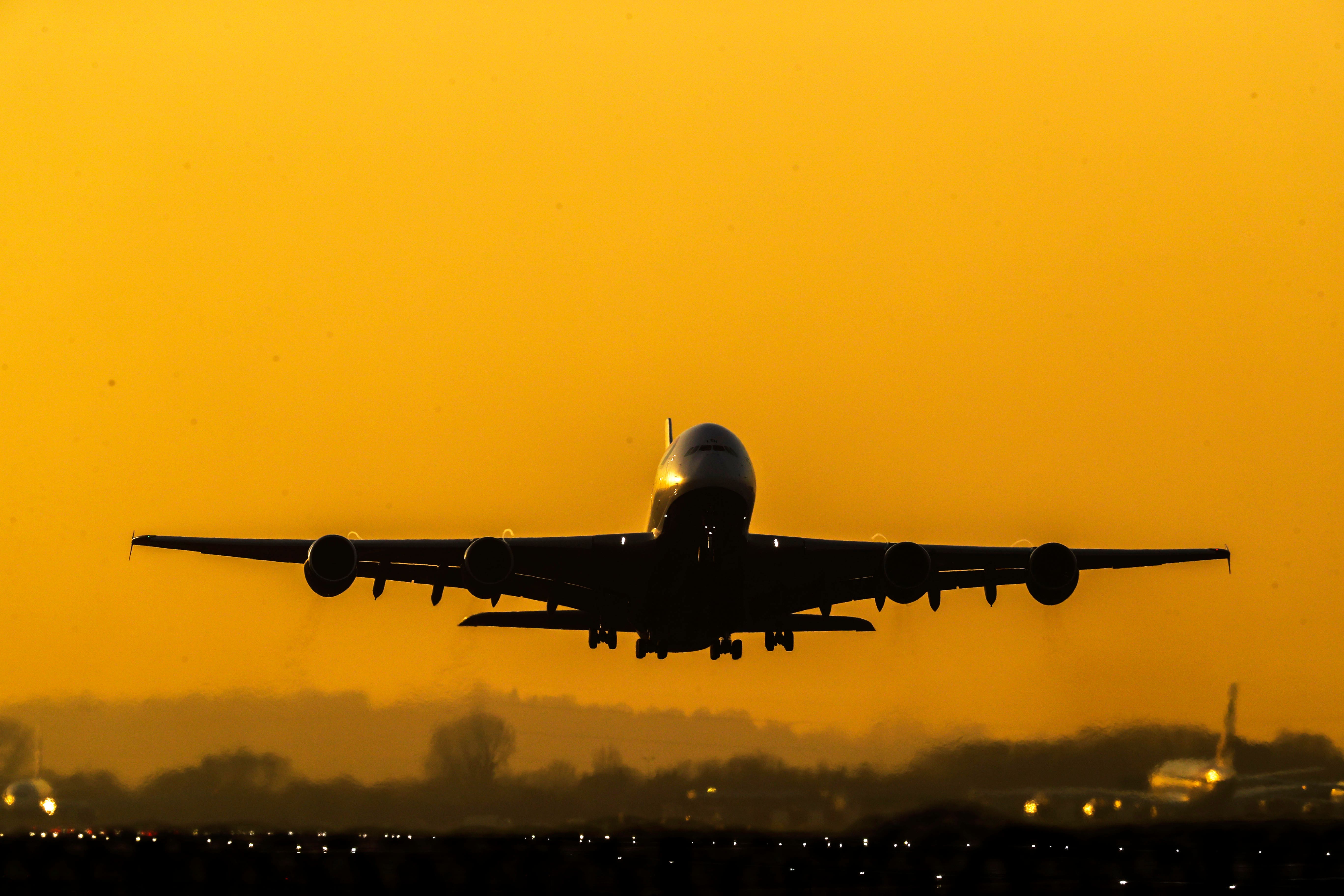
Even passengers on later flights on Wednesday faced disruption. At Southend, an incoming plane from Gran Canaria ended up on Jersey, and a round-trip to Amsterdam was cancelled.
London City airport was also badly hit, with one BA flight from Glasgow returning to its starting place, and links to Rotterdam, Palma and Amsterdam cancelled.
Britain's biggest budget airline, easyJet, attacked Nats for “once again causing disruption” after a system outage in August 2023 that caused chaos for at least 700,000 passengers.
David Morgan, easyJet’s chief operating officer, said: “While our priority today is supporting our customers, we will want to understand from Nats what steps they are taking to ensure issues don’t continue.”
The airline cancelled at least 16 flights to and from its main base, Gatwick airport.
Passengers were told: “We are advising customers travelling this evening to check our Flight Tracker for the most up-to-date information on their flight and are contacting all impacted customers directly. While this is outside of our control, we are sorry for the inconvenience caused by the ATC failure.”
Ryanair went further, calling for Nats' chief executive Martin Rolfe to resign, claiming no lessons had been learnt in two years.
Nats was contacted for comment.
The company said: “We are working with affected airlines and airports to clear the backlog safely. We apologise to everyone affected by this issue.”
One expert said it was understood the software prioritised safety over keeping airspace open.
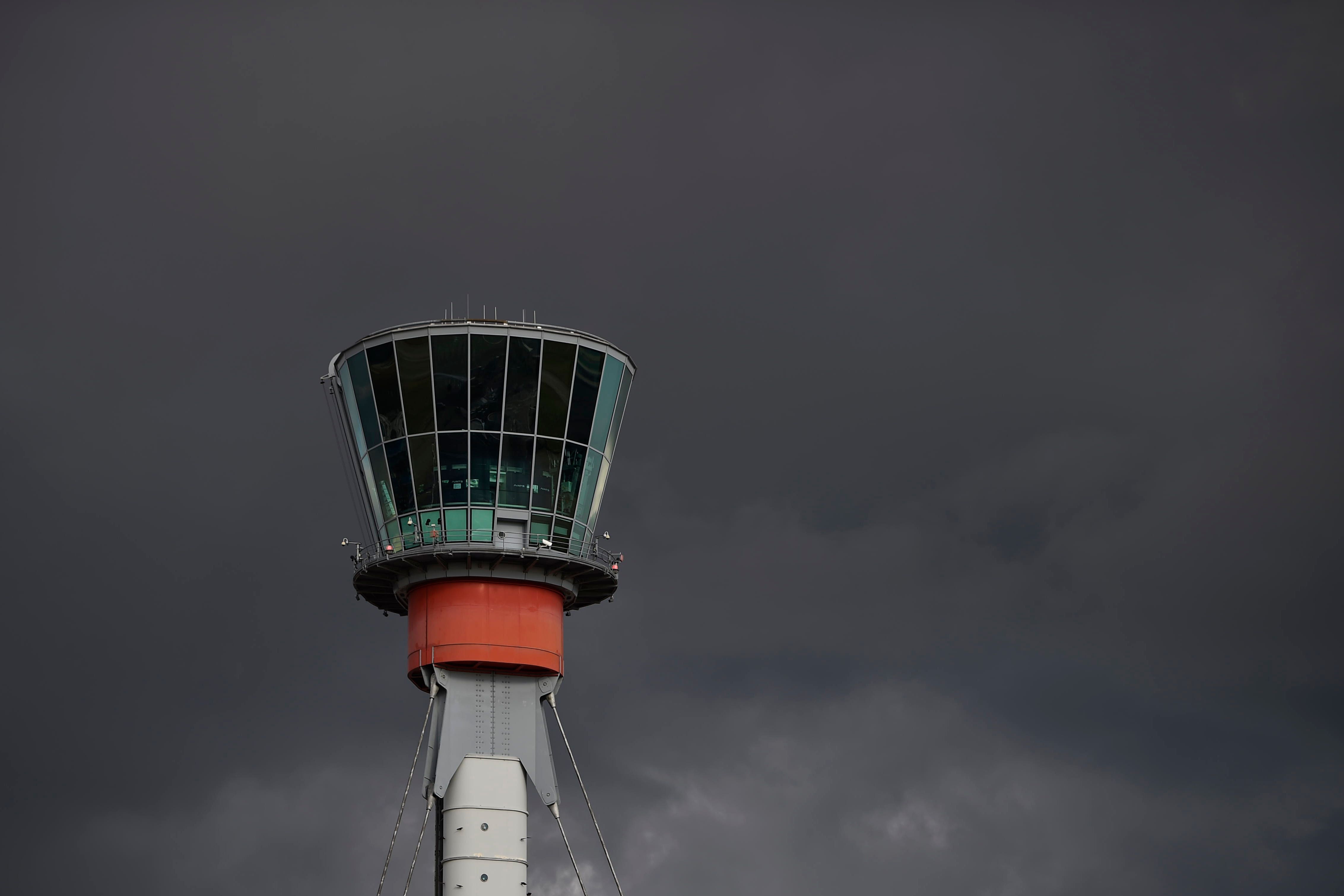
Junade Ali, a fellow at the Institution of Engineering and Technology, said: “Nats has previously thoroughly investigated such incidents and implemented suitable measures.
“From prior incident reports, the software is understood to not compromise safety at the expense of keeping airspace open.
"This is the right approach as, whilst keeping airspace open is important, the public risk appetite demands a high standard of safety when it comes to air travel.”
A Department for Transport spokesperson said: “We are working closely with Nats to understand the cause of the technical issue and the implications for the resilience systems in place.”
The Liberal Democrats called for an investigation into the glitch. Party leader Sir Ed Davey said: "With thousands of families preparing to go on a well-earned break, this just isn't good enough.
“The government should launch an urgent investigation to ensure the system is fit for purpose, including ruling out hostile action as a cause.”

 JimMin
JimMin 










